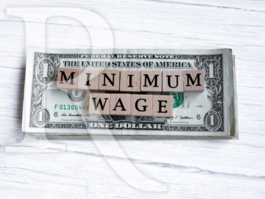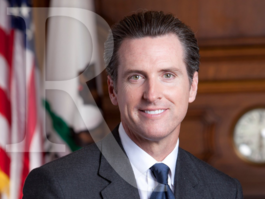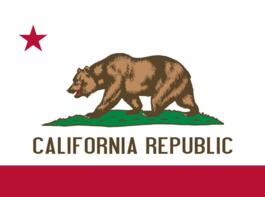They All Fall Down
A Commentary By Debra J. Saunders
California Gov. Jerry Brown won the blame game and lost the budget.
Brown began with a proposal to put a measure on the ballot to extend the 2009 tax increases on income taxes, sales taxes and the vehicle license fee. It was a gamble. Voters rejected a similar tax measure in 2009. Most GOP lawmakers have signed no-new-taxes pledges. Even Brown didn't dare campaign on today's tax plan -- and he's a Democrat.
Then came the bargaining. Republicans say that Brown wouldn't give on spending dear to the public-employee unions that helped elect him. The Brownies say that the Party of No kept heaping new terms onto their wish list so that negotiators never could get to yes.
Senate Republican Leader Bob Dutton told me he thinks Brown could have picked off two GOP senators if Brown had agreed to GOP proposals for pension reform, a spending cap and regulatory reform. But Brown would not give on applying pension reforms to current as well as future employees, and he wanted too loose of a spending cap.
Brown spokesman Gil Duran said he would not comment on "specifics on negotiating points," but insisted there were "multiple deal breakers." One of the five GOP senators who talked to Brown confirmed as much.
Democrats were pushing to eliminate the corporate "single sales factor" -- which Brown dubbed a "billion-dollar tax break to giant companies that keep jobs out of California."
You see, the 2009 budget deal included a provision that allowed corporations to decide whether to pay taxes based on their California business on sales within the state or a pre-2009 formula that was bad for some businesses.
State Sen. Kevin de Leon, D-Los Angeles, argues the 2009 deal was poorly drafted. He wrote a bill to take away corporations' ability to choose their tax poison. His bill would produce about $1 billion annually. According to the bipartisan Legislative Analyst's Office, de Leon's bill would create 40,000 jobs.
Joe Justin, chief of staff for Sen. Bill Emmerson, R-Hemet, told me that the Democrats' insistence on raising taxes by $1 billion was a deal breaker: "We were never going to vote for tax increases, and that bill was key to it."
Also, Republicans complain bitterly that every time a handful of GOP lawmakers stick out their necks to get their stuff into a budget compromise, the Democrats whack them out in the next budget deal.
Point proven again.
It is on the issue of redevelopment where Republicans look the worst. Brown wanted to terminate redevelopment agencies and funnel their $1.7 billion revenue into more useful purposes. Chris Norby of Fullerton was the only Assembly Republican to vote against what he calls "the most wasteful," fraudulent and abusive arm of government.
All sides fumbled. Republicans failed to compromise, and they failed to let voters bring clarity on state spending. Democrats kept arguing for letting the voters decide -- but only on taxes, not pension reform or spending.
With polls indicating that the Brown ballot measure would tank, state pols in both parties had little incentive to push for a deal that couldn't win.
Now Sacramento will have to pass a budget. It has happened before.
COPYRIGHT 2011 CREATORS.COM
See Other Political Commentary
See Other Commentary by Debra J. Saunders
Views expressed in this column are those of the author, not those of Rasmussen Reports. Comments about this content should be directed to the author or syndicate.
Rasmussen Reports is a media company specializing in the collection, publication and distribution of public opinion information.
We conduct public opinion polls on a variety of topics to inform our audience on events in the news and other topics of interest. To ensure editorial control and independence, we pay for the polls ourselves and generate revenue through the sale of subscriptions, sponsorships, and advertising. Nightly polling on politics, business and lifestyle topics provides the content to update the Rasmussen Reports web site many times each day. If it's in the news, it's in our polls. Additionally, the data drives a daily update newsletter and various media outlets across the country.
Some information, including the Rasmussen Reports daily Presidential Tracking Poll and commentaries are available for free to the general public. Subscriptions are available for $4.95 a month or 34.95 a year that provide subscribers with exclusive access to more than 20 stories per week on upcoming elections, consumer confidence, and issues that affect us all. For those who are really into the numbers, Platinum Members can review demographic crosstabs and a full history of our data.
To learn more about our methodology, click here.



